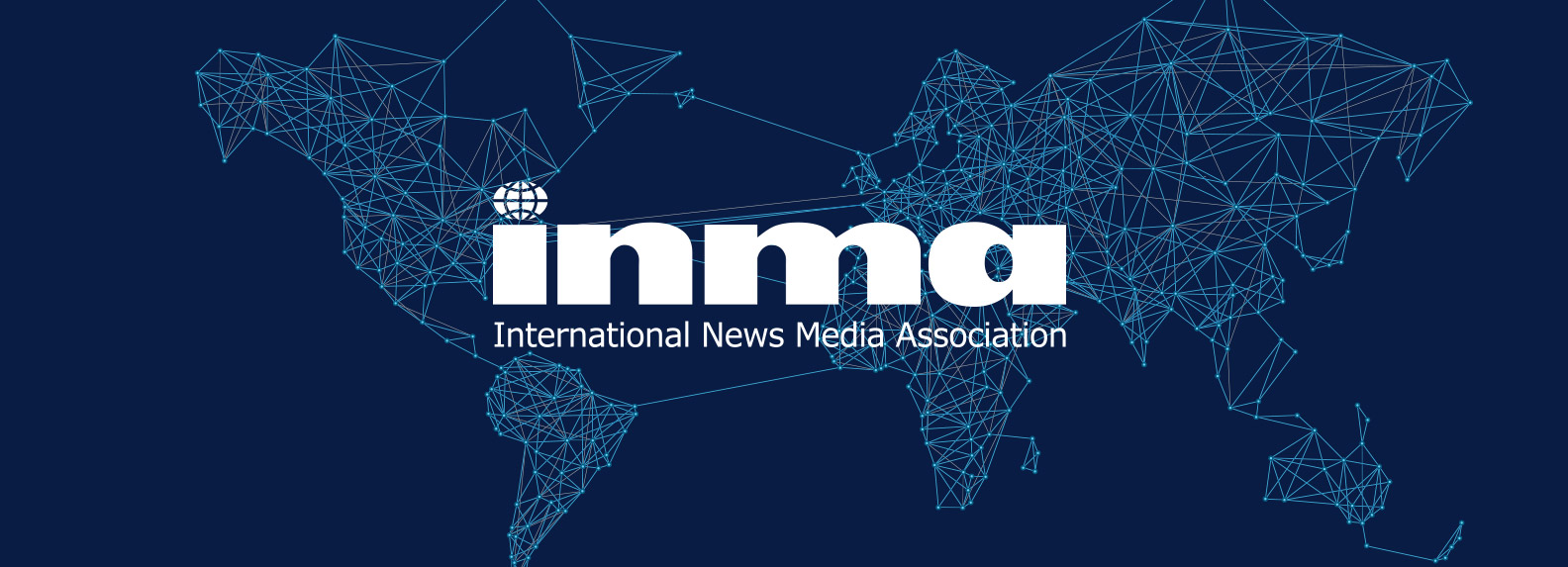Nigeria: How Nigerian Lawmakers Padded 2025 Budget With Projects Worth N6.9trn - Report - allAfrica.com
In an 18-page report released Tuesday, BudgIT indicated that the National Assembly included 11,122 projects representing 12.5 per cent of the N54.99 trillion signed budget without adequate justification or alignment with national development goals.
, a civic-tech organisation focused on budget transparency and accountability across Africa, said it has uncovered how federal lawmakers inserted N6.93 trillion worth of projects in Nigeria's 2025 national budget.
In an 18-page report released on Tuesday, the organisation indicated that the National Assembly included 11,122 projects representing 12.5 per cent of the N54.99 trillion signed budget without adequate justification or alignment with national development goals.
President Bola Tinubu initially presented a proposed budget of N49.7 trillion for the 2025 fiscal year to a joint session of the National Assembly in December 2024.
The document, tagged the "Budget of Restoration: Securing Peace, Rebuilding Prosperity," aimed to stabilise the macroeconomic environment, reduce poverty, stimulate economic growth, and bolster security.
However, in February 2025, Mr Tinubu requested an upward revision to N54.2 trillion, citing improved revenue performance by major federal agencies. The Federal Inland Revenue Service (FIRS) reportedly contributed an additional N1.4 trillion, the Nigeria Customs Service N1.2 trillion, and other government-owned enterprises N1.8 trillion, justifying the budget's expansion to its eventual N54.2 trillion.
On 28 February, the N54.99 trillion budget into law.
According to the BudgIT's report, a significant portion of the budget expansion was influenced by legislative insertions. For instance, 238 projects exceeding N5 billion each, totalling N2.29 trillion, were added with little or no justification.
Also, 984 projects worth N1.71 trillion and 1,119 projects valued between N500 million and N1 billion (totalling N641.38 billion) were arbitrarily inserted.
Another 3,573 projects worth N653.19 billion were assigned to federal constituencies, and 1,972 projects valued at N444.04 billion were earmarked for senatorial districts.
The report also sheds light on numerous questionable project allocations, such as 1,477 streetlight installations at a cost of N393.29 billion, 538 borehole projects worth N114.53 billion, 2,122 ICT-related projects totalling N505.79 billion and N6.74 billion allocated for the "empowerment of traditional rulers"
It said these projects often lack clear links to national priorities or developmental objectives.
The report also discovered disproportionate inflation of the Ministry of Agriculture's capital budget. The ministry was initially allocated N242.5 billion; it increased to N1.95 trillion following the insertion of 4,371 projects worth N1.72 trillion, making up 39 per cent of all insertions.
Similar inflations were noted in the budget of the Ministry of Science and Technology with a total allocation of N994.98 billion. The allocation to the Ministry of Budget and Economic Planning also increased to N1.1 trillion.
BudgIT also flagged numerous instances of federal government Ministries, Departments, and Agencies (MDAs) being assigned projects outside their legal or operational mandates. The affected institutions are Federal Co-operative College, Oji River, National Centre for Agricultural Mechanisation (NCAM), Ilorin and Nigerian Building and Road Research Institute, Lagos.
For instance, NCAM was tasked with administering N400 million for scholarships and N350 million for a community health insurance scheme in Bayelsa West, functions far removed from its core responsibilities.
BudgIT urged President Tinubu to demonstrate good executive leadership by initiating reforms to restore integrity to the budgeting process.
It recommended a structured, transparent, and collaborative framework for including constituency projects that align with national development priorities.
"These discrepancies underscore the urgent need for budgetary reform anchored in data transparency, independent verification of project costs, and a standardised mechanism for tracking the implementation and impact of constituency projects.
"Without such reforms, the budgeting process risks being dominated by political patronage rather than national development goals,' the report added.
Although there are claims that senators and members of the House of Representatives received N2 billion and N1 billion each for constituency projects, BudgIT's analysis suggests that actual allocations often exceed these figures significantly.
The report emphasised the importance of data transparency, independent verification of project costs and standardised tracking of project execution and impact.
Budget padding, often executed through the insertion of opaque or unjustified projects, has long been a recurring feature of Nigeria's budgetary process, frequently eroding public trust and undermining fiscal discipline.
Former President Olusegun Obasanjo rejected the 2000 Appropriation Bill, accusing the National Assembly of inflating it by N2 billion, including an unauthorised increase in its allocation.
In 2011, former President Goodluck Jonathan refused to sign the budget due to an increase in the National Assembly's allocation from N120 billion to N232.74 billion. A compromise of N150 billion was later reached after closed-door negotiations.
During former President Muhammadu Buhari's first term, Abdulmumin Jibrin, then House Appropriations Chairman, accused former Speaker Yakubu Dogara and other lawmakers of inserting N40 billion for personal gain. Mr Jibrin was suspended, butor months.

Sign up for free AllAfrica Newsletters
Get the latest in African news delivered straight to your inbox
From 2019 to 2023, successive budgets under Mr Buhari were marred by repeated padding allegations. For instance, in 2019, the former president accused the lawmakers of increasing the budget by about N90 billion.
Similarly, in 2020, Mr Buhari's administration alleged that about N264 billion irrelevant projects were inserted into MDAs' activities.
In 2021, the administration claimed there were over N500 billion in vague or duplicated projects. In 2022, the same administration flagged unjustified insertions amounting to N36.59 billion in the budget. In 2023, lawmakers inserted projects worth N770.72 billion, and MDAs' budgets increased to N58.55 billion without executive approval.
In 2024, Bauchi Central Senator, Abdul Ningi, alleged that the budget was padded by N3.7 trillion, a claim dismissed by the Senate but widely debated. Mr Ningi, a member of the Peoples Democratic Party (PDP), was suspended for the allegation but later recalled.
Senate denies padding allegations
Meanwhile, the Senate has denied BudgIT's findings, describing them as the work of mischief-makers.
The Senate spokesperson, Yemi Adaramodu, called the report " the handiwork of dark angels of falsehood."
"The 2025 Appropriation Bill was presented by the executive and was interrogated and passed based on the exact amount presented. The dark angels of falsehood and public discord are only interested in stirring disaffection against the National Assembly." Mr Adaramodu said.
The House of Representatives has yet to speak on the matter.










